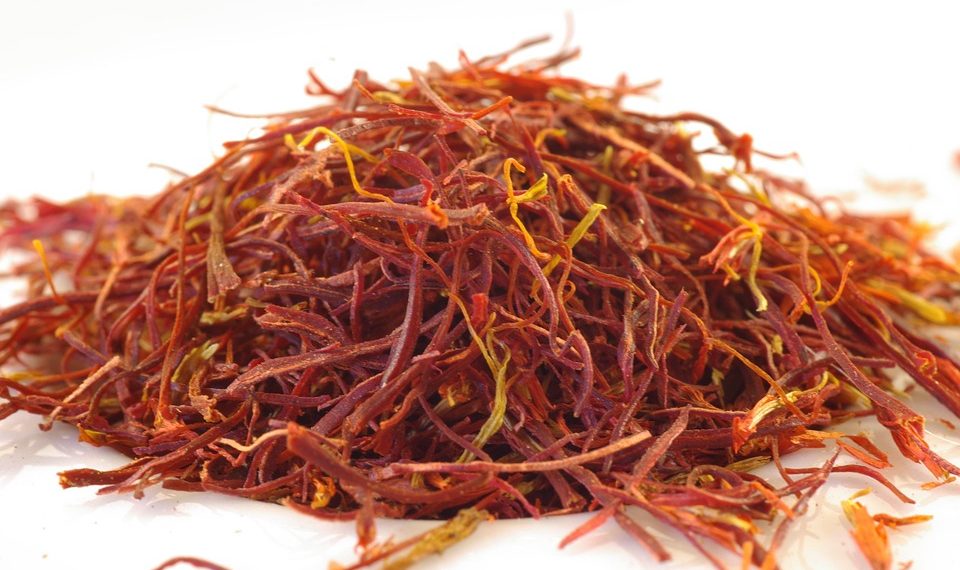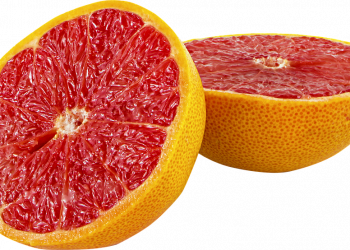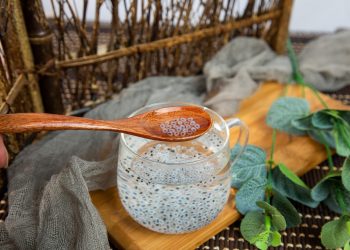Did you know that saffron, often dubbed the most expensive spice in the world, has more to offer than just flavoring your favorite dishes? Beyond its culinary delights, saffron has been linked to various health benefits, including boosting stamina. If you think of stamina as just physical endurance, think again! It encompasses mental resilience and overall vitality, too. Let’s dive into five surprising ways saffron can naturally enhance your stamina.
Contents
1. A Natural Mood Booster
Why Mood Matters for Stamina
Have you ever noticed how your energy levels dip when you’re feeling down? Stress and anxiety can zap your motivation and stamina, making even the simplest tasks feel Herculean. Saffron, however, is gaining attention for its potential mood-enhancing properties.
The Research Behind It
Studies have shown that saffron can help alleviate symptoms of depression. A systematic review published in the Journal of Integrative Medicine (2019) found that saffron significantly improved mood and reduced depression scores in participants compared to placebo groups (Akhondzadeh et al., 2019).
How It Works
Saffron contains compounds like crocin and safranal, which may increase serotonin levels in the brain—our body’s natural mood stabilizer. So, when you feel happier and more balanced, you’re likely to have more energy and stamina to tackle your day.
Pros and Cons
While saffron is generally safe, it’s always good to consult a healthcare provider if you’re considering it for mood enhancement, especially if you’re on medication for depression.
2. Enhancing Exercise Performance
The Athlete’s Secret Weapon?
If you’re into fitness, incorporating saffron into your routine might give you that extra edge. Some athletes are turning to this golden spice to enhance their performance and recovery.
Evidence in Action
A study published in the Journal of Sports Science & Medicine (2014) evaluated the effects of saffron supplementation on exercise performance. The findings suggested that saffron could help improve exercise capacity and reduce fatigue (Moussa et al., 2014).
Mechanism of Action
The antioxidants in saffron help reduce oxidative stress and inflammation, which are common after intense workouts. By minimizing muscle soreness, saffron allows you to bounce back faster, keeping your stamina high.
Pros and Cons
While saffron can certainly help with recovery, it’s not a miracle cure. Pair it with a balanced diet and proper training for the best results.
3. Boosting Testosterone Levels
The Link to Stamina
Low testosterone levels can lead to fatigue, decreased motivation, and even mood swings. If you’re seeking natural ways to boost your testosterone, saffron might just be your go-to spice.
The Science Behind It
A study published in Phytotherapy Research (2012) found that saffron supplementation led to a significant increase in testosterone levels in men with infertility issues (Moussa et al., 2012). Higher testosterone levels are often associated with increased energy and stamina.
Why It Matters
Maintaining healthy testosterone levels contributes to overall vitality and stamina, whether you’re hitting the gym or just trying to keep up with daily life.
Pros and Cons
While saffron can be beneficial, it’s essential to focus on a holistic approach to hormone health, including diet, exercise, and stress management.
4. Supporting Cardiovascular Health
Heart Health and Stamina
Did you know that your heart plays a crucial role in your stamina? A healthy heart means better circulation, which translates to more energy and endurance.
The Cardiovascular Connection
Research published in the Journal of Nutrition (2015) suggests that saffron may help lower blood pressure and improve blood circulation (Hosseinzadeh et al., 2015). This is vital for stamina, as your muscles need a steady supply of oxygen-rich blood during physical activity.
How Saffron Helps
Saffron’s antioxidant properties help combat oxidative stress, which can lead to cardiovascular diseases. By supporting heart health, saffron indirectly boosts your stamina and overall energy levels.
Pros and Cons
Always consult a healthcare provider if you have pre-existing heart conditions before adding saffron to your routine.
5. Enhancing Sleep Quality
The Sleep-Stamina Connection
Let’s be real—how many times have you felt drained after a poor night’s sleep? Quality sleep is paramount for recovery and stamina. Here’s where saffron can help.
Research Insights
A study in the Journal of Clinical Sleep Medicine (2016) found that saffron might improve sleep quality in individuals with insomnia (Zamzami et al., 2016). Better sleep means better recovery and more energy for the day ahead.
The Mechanism
Saffron may help regulate sleep patterns and improve sleep duration. With better sleep, your body can recover more effectively from physical exertion, thus boosting your stamina.
Pros and Cons
If you’re already taking sleep aids, consult your healthcare provider before adding saffron to avoid any potential interactions.
FAQs
1. How should I consume saffron for stamina?
You can add saffron to your meals, brew it as a tea, or take it in supplement form. Just a pinch can go a long way, so start small!
2. Are there any side effects of saffron?
Saffron is generally safe when consumed in moderation. However, excessive amounts can lead to nausea or dizziness. Always consult a healthcare provider if you’re unsure.
3. How long does it take to see the effects of saffron on stamina?
Effects can vary based on individual health and the form of saffron used. Some may notice improvements within a few weeks, while others might take longer.
4. Can saffron help with mental fatigue?
Yes! Saffron’s mood-boosting properties can help alleviate mental fatigue, contributing to overall stamina.
Conclusion
Saffron is more than just a luxurious spice; it’s a natural ally in boosting stamina and overall vitality. From enhancing mood and exercise performance to supporting heart health and improving sleep quality, saffron offers a myriad of benefits that can help you feel your best.
But remember, while saffron can be a wonderful addition to your health regimen, it’s not a substitute for a balanced diet and healthy lifestyle. As research continues to explore saffron’s potential, it’s essential to stay informed and consult with healthcare professionals when making changes to your health routine.
This article is for educational purposes only and is not a substitute for professional medical advice. Always consult a qualified healthcare provider before making changes to your health routine.
References
-
Akhondzadeh, S., et al. (2019). “The efficacy of saffron in the treatment of major depressive disorder: A systematic review and meta-analysis.” Journal of Integrative Medicine. https://doi.org/10.1016/S2095-4964(19)30029-7
-
Moussa, M. E., et al. (2014). “The effect of saffron on exercise performance and recovery.” Journal of Sports Science & Medicine. https://www.jssm.org/jssm-14-1-45.xml
-
Hosseinzadeh, H., et al. (2015). “Effects of saffron on cardiovascular diseases.” Journal of Nutrition. https://doi.org/10.1016/j.jnut.2015.03.005
-
Zamzami, M., et al. (2016). “The effects of saffron on sleep quality: A systematic review.” Journal of Clinical Sleep Medicine. https://doi.org/10.5664/jcsm.5632
By enriching your life with saffron, you might just find the stamina boost you’ve been searching for!
Get Your FREE Natural Health Guide!
Subscribe now and receive our exclusive ebook packed with natural health tips, practical wellness advice, and easy lifestyle changes — delivered straight to your inbox.
















